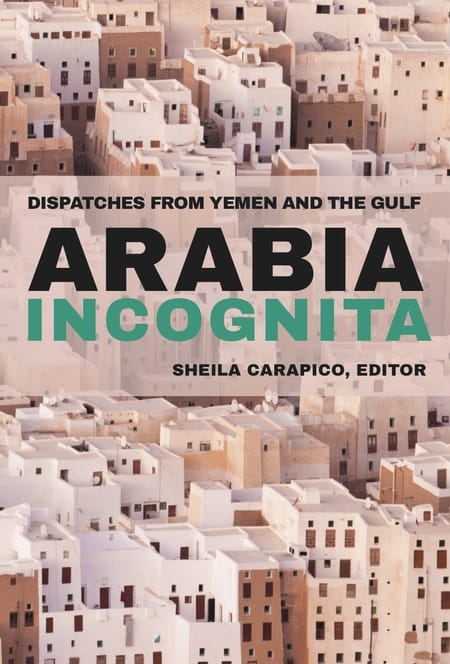

Sheila Carapico
Sheila Carapico is professor of political science and international studies at the University of Richmond and visiting professor at the American University in Cairo. She is a contributing editor of Middle East Report.


Sheila Carapico is professor of political science and international studies at the University of Richmond and visiting professor at the American University in Cairo. She is a contributing editor of Middle East Report.
